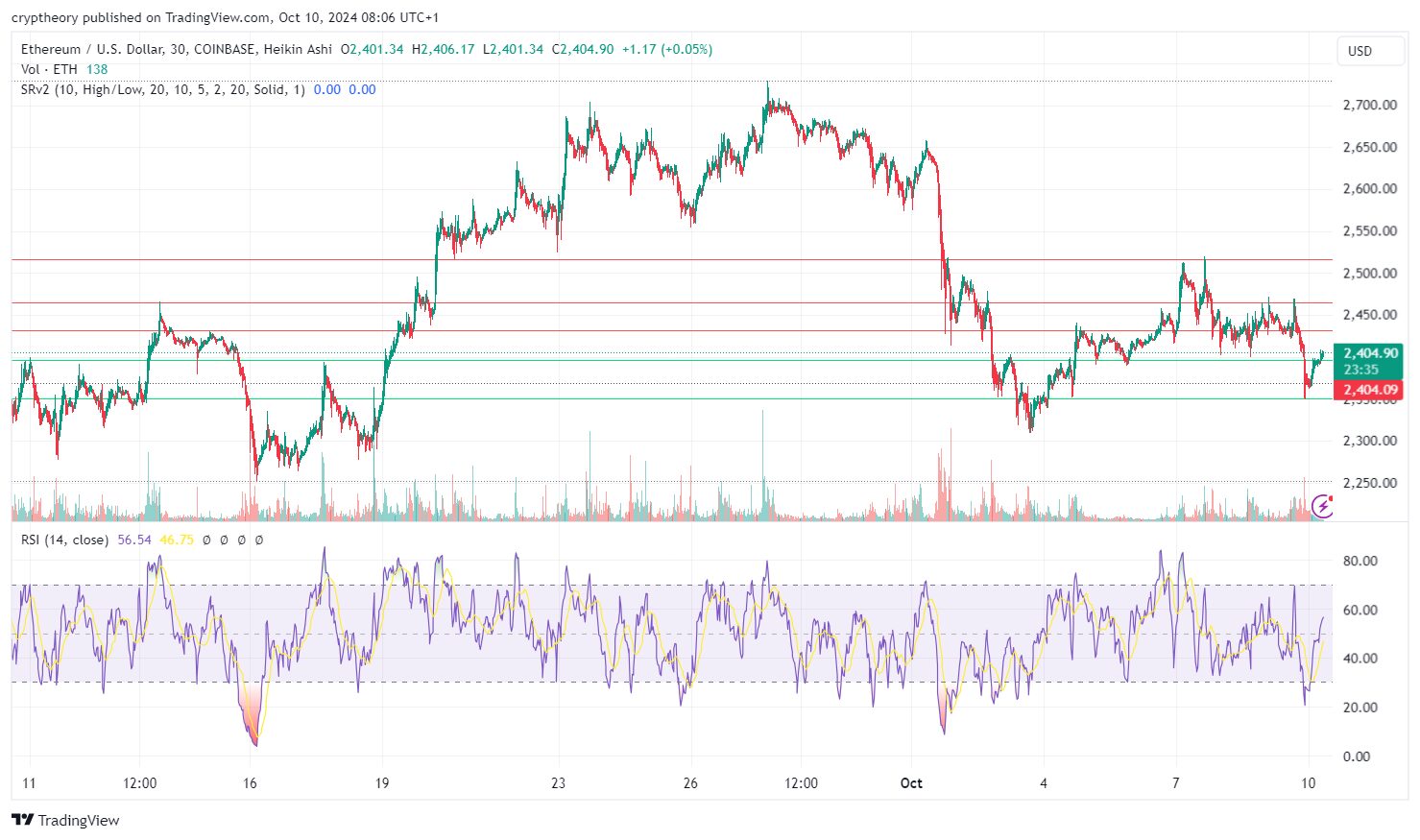While BTC is not a legal tender cryptocurrency in Cuba, the Caribbean island may surpass El Salvador as the place where most of the population uses cryptocurrency for payments.
According to DailyCoin data, after the Cuban government said that cryptocurrencies were not illegal in the country and started encouraging their use, more than 100,000 Cubans are already using cryptocurrencies daily.
Although the number seems small, it represents almost 1% of the Cuban population trading and using cryptocurrencies.
The Cuban government began to implement, in 2021, a legal framework for the cryptocurrency market in the country. And since April 2022, anyone who wants to use cryptocurrencies must first acquire a license from the Central Bank of Havana.
When applying for the license, the bank will consider socio-economic and legal nuances. It will then approve or deny a one-year license.
“In this way, the government hopes to be able to revive international trade, while citizens can move money more freely through the use of cryptocurrency wallets rather than major credit cards and electronic payment systems,” highlighted Tadas Klimasevskis of DailyCoin.
BTC and Cuba
But it is not new that Cuba seeks to encourage alternative forms of money to escape the US sanctions that have affected the nation since the Cuban Revolution last century.
Popular payment systems such as PayPal, Revolut, Zelle and many other e-wallets around the world are either banned by the Cuban government or sanctioned by the US, preventing both ordinary people and the government from using them.
In addition, there are serious restrictions on VPN use, in an attempt to circumvent sanctions, not to mention Cuba’s internet, which is not stable and sometimes suffers interruptions and censorship.
Nelson Rodriguez, a local business owner, explained in a recent interview with NBC that there is a clash of two opposing perspectives, which has led to increased use of cryptocurrencies.
“I like cryptocurrencies because I believe in the philosophy,” says Rodriguez, referring to the idea of sovereignty, decentralization, and being able to store and trade funds freely without fearing that the local government will implement vague taxes or simply ban the technology.
The 4 most beautiful places for crypto millionaires





















